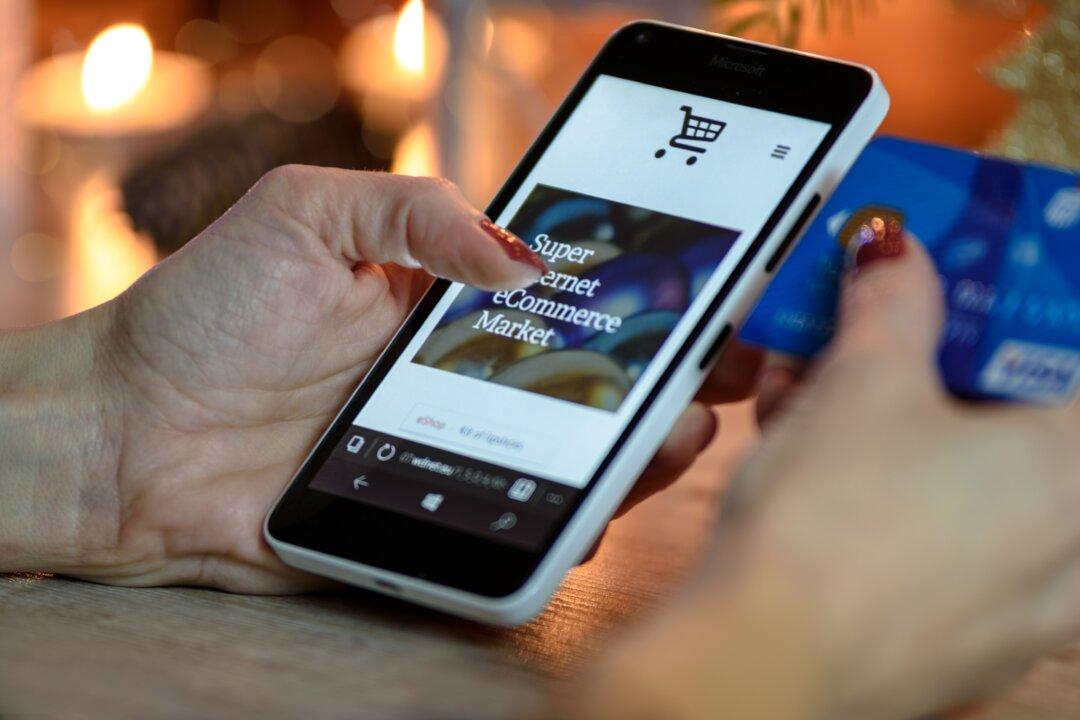As we wind down National Cyber Security Awareness Month in October, we count the breaches and total personally identifiable information records lost at more than 13 billion since 2013.
We’ve all heard about Facebook losing millions of records, and Google forgetting to disclose their breach for many months and then announcing they will shut down Google Plus as a result of the breach. That’s just the tip of the iceberg.


